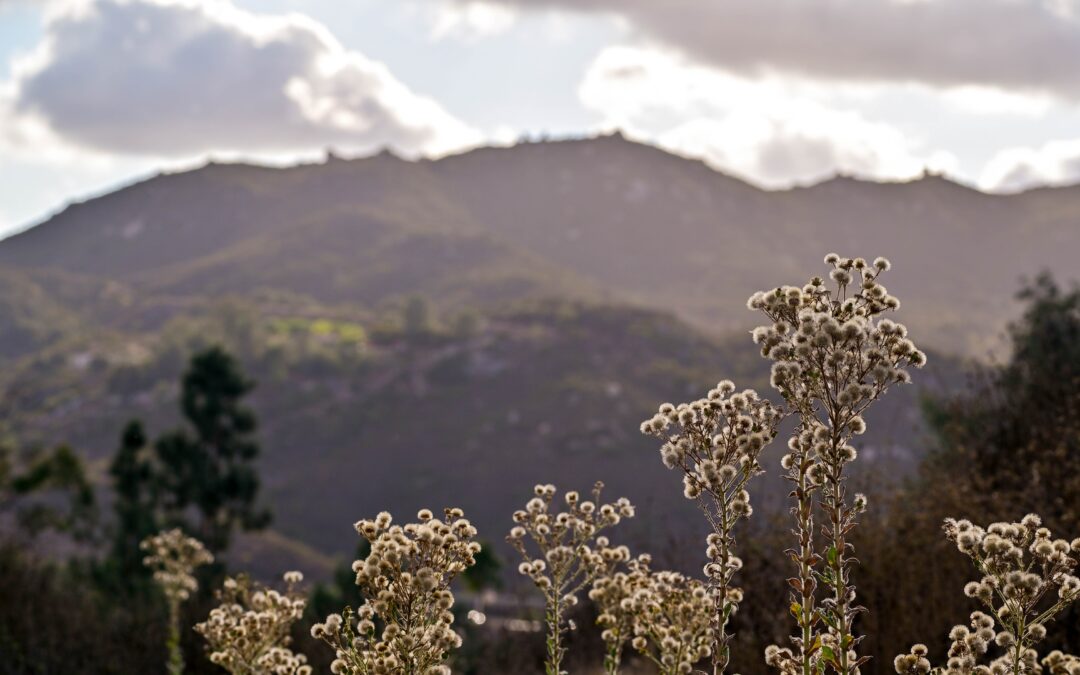The Overlooked: Foundation Support for AAPI/Native American Leaders and Communities project and its findings must serve as an abrupt wake-up call for foundations and the philanthropic industry as a whole. While we are not entirely surprised by the findings and commonalities that our organization shares with our Indigenous nonprofit counterparts in terms of foundation support, we are eager to experience the impacts that this project will bring to not only our efforts as an Indigenous organization but also the impacts this will have on our Indigenous relatives moving forward. It is time for foundations to stop hiding under the guise of embracing diversity, equity and inclusion within their efforts while overlooking entire populations such as Indigenous and Asian Americans/Pacific Islander (AAPI) communities.
It would be remiss to not acknowledge the potential negative impacts that we and other participants in this project face in terms of current and future funding from foundations. Foundations hold immense power over nonprofit organizations in terms of access to vital funding and resources. We hope that foundations and other philanthropic organizations seeking to reach Indigenous populations utilize this report as a starting point to increase the representation and accessibility of Native communities within their philanthropic efforts. We recognize that this will not happen overnight and without growing pains, but we must build relationships and work together to achieve shared goals and outcomes.
Growing up in a Meskwaki and Dakota household, I was always taught the importance of the concept of “mitakuye oyasin,” which roughly translates to “we are all related.” In addition to this concept, it was also instilled in me to follow the seven Dakota Values. These values include Praying, Respect, Caring and Compassion, Honesty and Truth, Generosity and Caring, Humility, and Wisdom. Throughout childhood, my mom always talked about everything as related, from the food we prepared for our bodies to the spirit plates for our ancestors who are no longer with us and understanding and respecting the sacredness of all living things. I am thankful to carry that with me in everything I do so my children too can live this way of life for their grandchildren.
In my years of experience working with foundations and other funding organizations, I have struggled with foundations whose models and frameworks do not incorporate these Indigenous values into the efforts we are undertaking. The importance of relationships and interrelatedness within Indigenous communities is deeply embedded in cultural and historical contexts. As highlighted in CEP’s report, another Indigenous nonprofit leader said, “The foundation made a positive impact because the relationship was about working together to find a solution to the problem.”
At the American Indian Cancer Foundation (AICAF), we highly encourage foundations to consult with Indigenous nonprofits throughout the entire funding process to ensure potential strategies and requirements are achievable, realistic, and appropriate for Indian Country. Ensure you are devoting time to building trust and relationships with Indigenous nonprofits while keeping in mind the historical contexts, understanding the feeling of mistrust, and investing in honest communication. It is also important to keep in mind that Native populations are not a monolith. Work to understand tribal sovereignty, historical trauma, institutional racism, and health inequities, as well as the incredible strength and resilience of Indigenous peoples across Indian Country to create authentic partnerships with Native communities.
In addition to the advice shared by Native American nonprofit leaders in the report, here are strategies that AICAF recommends for building successful relationships with Native organizations:
- Communicate often while also acknowledging and respecting differences in communication styles.
- Trust that the community has the wisdom and solutions to address the health disparities that affect their people.
- Actualize positive change strategies that are conceived through community member engagement and conversation.
- Be a cultural learner, not a cultural expert.
Generosity and reciprocity are deeply embedded within Indigenous cultures. It is an honor to give as well as to receive (see here for more information on the concept of reciprocity and giveaways). AICAF is grateful for the opportunity to provide our insight, experiences, and wisdom to the Center for Effective Philanthropy’s Overlooked: Foundation Support for AAPI/Native American Leaders and Communities project. In this spirit of reciprocity, as a Meskwaki woman leading the American Indian Cancer Foundation, I commit to continue to give and request feedback from foundations and other philanthropic organizations and to steward partnerships that lead to sustainable positive changes within Indigenous communities. I also commit to uplifting the flow of Indigenous wisdom so that foundations can further understand Indigenous nonprofits and the contexts in which we operate.
Melissa Buffalo, MS, is the CEO of the American Indian Cancer Foundation, an enrolled member of the Meskwaki Nation in Iowa, and Dakota from the Crow Creek and Lower Brule Sioux Tribes. Follow her on Twitter at @missebuff.


